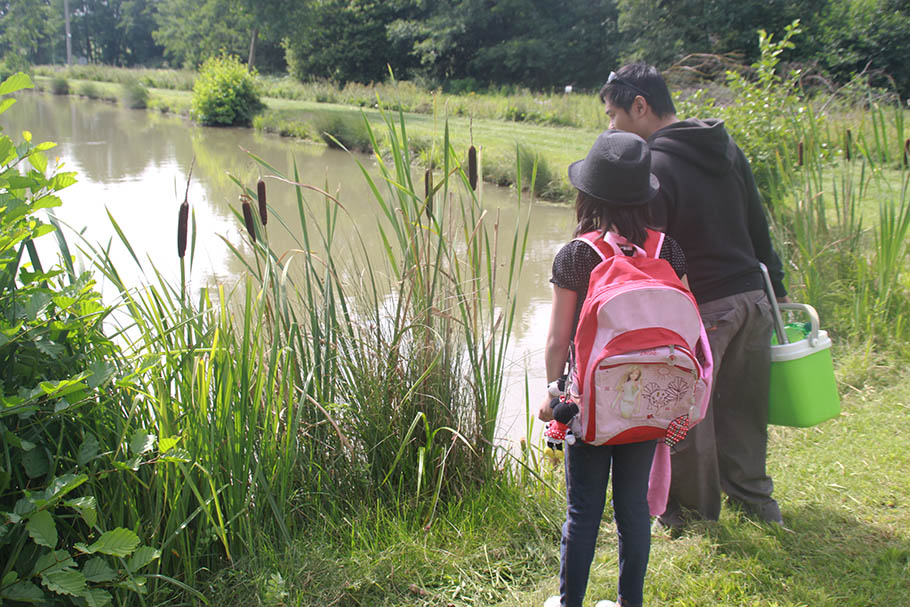
People living in the city may feel drawn to the countryside and homesteading for various reasons. The allure of a simpler, more self-sufficient lifestyle, as well as the desire to reconnect with nature and escape the fast-paced urban environment, can be strong motivators for making such a move (read : me).
Homesteading is a kind of lifestyle and practice in which individuals or families live a self-sufficient and sustainable life by producing their own food, shelter, and other necessities. Homesteading can offer numerous benefits for families who choose to embrace this lifestyle. These advantages go beyond just the practical aspects of self-sufficiency and can have a profound impact on family dynamics, well-being, and values. The pandemic was one such factor that made people think of how basic we need to live.
Reasons why city dwellers may consider moving to the countryside and try homesteading:

Escape from Urban Stress: Living in a busy city with crowded streets, noise, pollution, and the constant rush can lead to high levels of stress and burnout. Moving to the countryside offers a chance to escape the urban hustle and experience a more tranquil and peaceful environment.
Closer Connection to Nature: Homesteading allows individuals and families to immerse themselves in nature daily. Being surrounded by natural beauty, clean air, and open spaces can have a positive impact on mental and physical well-being.
Desire for Self-Sufficiency: Some people yearn for greater self-reliance and independence. Homesteading provides an opportunity to grow their own food, especially green vegetables, generate renewable energy, and reduce their reliance on external resources.
Healthier Lifestyle: The countryside often offers more opportunities for outdoor activities, such as hiking, gardening, and other physical pursuits. Additionally, access to fresh, locally grown food can contribute to a healthier diet.
Connection to Food Source: Homesteading allows people to have a direct relationship with their food source. They can know exactly where their food comes from, how it’s grown or raised, and enjoy the satisfaction of eating what they produce.
Environmental Concerns: Some individuals may choose homesteading as a way to live in harmony with the environment and adopt sustainable practices. They may want to reduce their carbon footprint and minimize their impact on the planet.
Sense of Community: Rural communities often foster a strong sense of community and neighborly support. Homesteaders may seek a closer-knit community compared to the anonymity of large urban centers.
Opportunity for Personal Growth: Homesteading can be a journey of self-discovery and personal growth. Learning new skills, overcoming challenges, and adapting to a simpler lifestyle can be fulfilling and empowering.
Financial Considerations: In some cases, the cost of living in the countryside may be lower than in cities, which can be appealing for those seeking to reduce expenses and possibly achieve financial freedom.
Escape Consumerism: Homesteading encourages a more frugal and sustainable lifestyle, moving away from consumer-driven urban culture.

Benefits of homesteading for families
Homesteading requires active involvement from all family members, fostering a strong sense of teamwork and cooperation. Working together towards shared goals can strengthen the family bond and create lasting memories. It often involves spending time outdoors and engaging in various activities as a family, such as gardening, caring for animals, or building projects. This promotes quality time spent together away from screens and distractions.Homesteading often involves physical activity and healthier food choices, leading to improved overall health for the family.
Homesteading exposes children to a wide range of practical skills, life skills, from growing food to carpentry to animal husbandry. These hands-on experiences can be invaluable for their personal development and future self-sufficiency. Living closer to nature can help instill in children a deep appreciation for our Creator, the environment, and wildlife. They develop a better understanding of the earth’s cycles and their role in preserving it.
Homesteading encourages families to adopt sustainable practices and reduce their ecological footprint. This helps children grow up with a sense of environmental responsibility and awareness.
By producing their own food and generating renewable energy, homesteading families can save money on groceries and utility bills, providing them with greater financial flexibility. Homesteading requires families to adapt to changing conditions, which can cultivate resilience and problem-solving skills in both parents and children.
Successfully growing crops, raising animals, and building structures from scratch can provide a sense of accomplishment and pride for all family members. Homesteading often reinforces values like self-reliance, hard work, patience, and resourcefulness, which can positively influence family members’ characters. Living a simpler life and being connected to nature can lead to reduced stress levels and increased overall well-being for the entire family.
Homesteading allows families to get creative with their living spaces, gardening designs, and sustainable practices, fostering a sense of innovation and imagination. Seeing clear skies and different sunsets everyday may also inspire them to try their hands at painting and photography, and other creative aspects.
Healthier
Homesteading and producing your own food can have several health benefits, both for individuals and communities. Here are some ways in which homesteading and growing your own food can promote better health:
- Organic and Chemical-Free Food: When you produce your own food, you have control over the cultivation process. You can choose to grow food organically, without the use of harmful chemicals such as pesticides and synthetic fertilizers. This results in healthier, chemical-free produce that is better for your body.
-
Freshness and Nutrient Content: Homegrown food is typically harvested at its peak ripeness and consumed shortly after, ensuring maximum freshness and nutrient content. Nutrients, such as vitamins and antioxidants, are often more abundant in freshly picked produce compared to store-bought options that may have spent days or weeks in transit or storage.
- Reduced Exposure to Food Contaminants: Growing your own food allows you to minimize exposure to potential contaminants that may be present in store-bought produce due to handling, transportation, and storage.
- Stress Reduction: Gardening and homesteading activities can be therapeutic and stress-relieving. Spending time in nature, working with your hands, and connecting with the earth can have positive effects on mental health and reduce stress levels.
Outdoor fun and games
Playing games at the farm can be a fun and engaging way to enjoy the outdoors, bond with family and friends, and even pets and make the most of the natural surroundings. Here are some entertaining games that you can play at the farm:
Scavenger Hunt: Create a list of items found around the farm, such as specific plants, animals, or natural objects. Divide into teams and have a friendly competition to see who can find all the items on their list first.
Farm Olympics: Organize a series of farm-themed games, such as wheelbarrow races, sack races, egg and spoon races, and hay bale rolling contests. Award points to participants and declare a Farm Olympics champion.
Cornhole: Set up cornhole boards and play this classic bean bag toss game. It’s a great way to enjoy some friendly competition and improve your throwing accuracy.
Frisbee Golf: Create a makeshift frisbee golf course around the farm, using trees, barrels, or other objects as targets. Players take turns trying to get their frisbees into the targets with the fewest throws.
Nature Bingo: Make bingo cards with different animals, plants, and objects commonly found on the farm. As you explore the farm, mark off the items you find until someone gets a bingo.
Hayrides: Take a hayride around the farm, enjoying the scenic views and fresh air. This is a relaxing and enjoyable activity for families and groups.
Farm Trivia: Create a list of farm-related trivia questions and divide into teams to test your knowledge of agriculture, animals, and farming practices.
Tug of War: Set up a sturdy rope and divide into two teams for a classic tug of war battle. It’s a great way to test strength and teamwork.
Hide and Seek: There will be plenty of places to hide when playing this classic game. You just need to set an area range so no one goes looking for someone for hours. ^_^
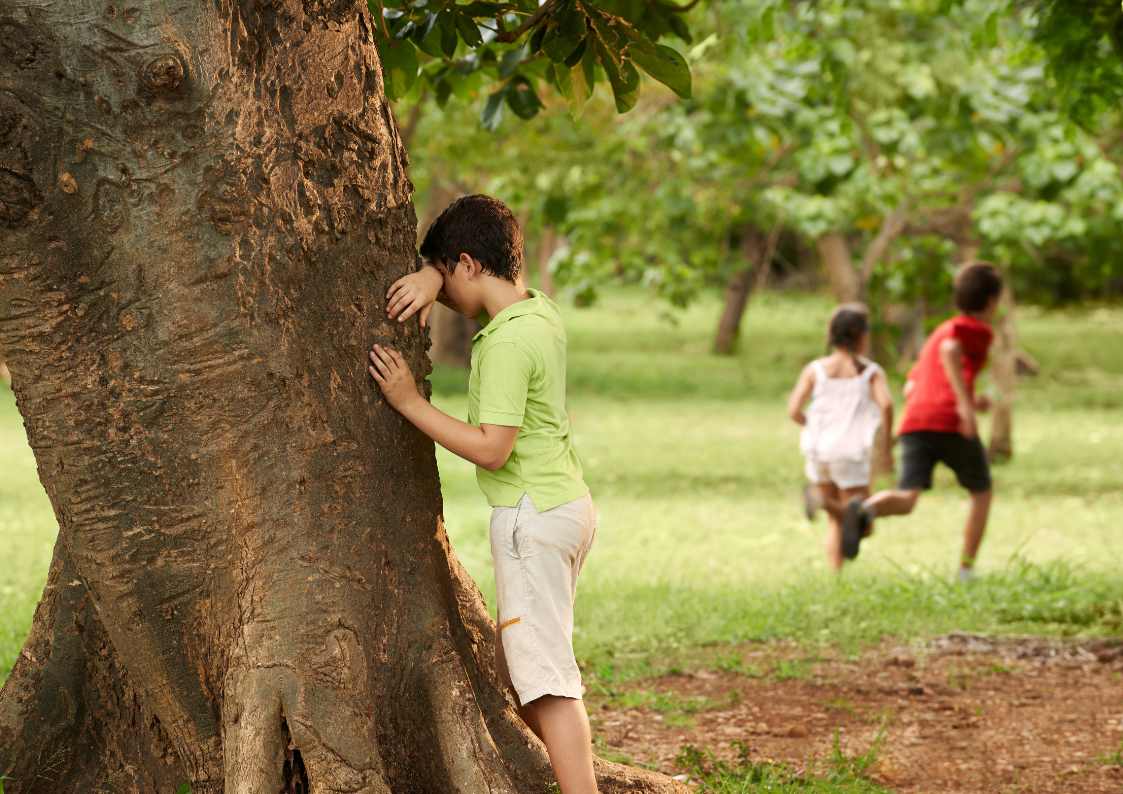
While playing outside is fun, kids will also not miss playing gadgets at the farm. There are even farming simulation games that can inspire and give ideas on how to grow food in real life. These games often simulate various aspects of farming, including planting crops, managing livestock, and running a successful farm. Here are a few well-known farming simulation games that will also inspire kids about homesteading:
Stardew Valley: A beloved indie game where you inherit a run-down farm and work to restore it to its former glory. You can plant crops, raise animals, mine for resources, and build relationships with the local community.
Farm Town: A clicker farming & food processing simulation game with 40 stages where you plant seeds, harvest crops, and raise animals.You can then sell your products to the town market. It also makes you see the cycle of farming as you use your funds to buy more seeds, purchase commercial culinary equipment, and research new food production techniques.
Farm Together: A cooperative farming game where you can grow crops, raise animals, and design your farm with friends in a vibrant, cartoonish world.
FarmVille (mobile game): A popular mobile farming game where you can plant crops, raise animals, and collaborate with friends to expand your virtual farm.
Aside from farming games, environmental games that focus on recycling, green energy, and resource management can be both educational and entertaining. These games will also give you and your kids ideas on how to live more sustainably. Here are some examples:
SimCity 4 (Deluxe Edition): While not solely an environmental game, SimCity 4 allows players to build and manage their own cities, including implementing green energy solutions and waste management systems.
Eco: A cooperative multiplayer game where players must work together to build a civilization while avoiding the destruction of their environment through pollution and over-consumption.
Sort The Trash: A recycling game where players practice hand and eye-coordination by moving the recycling bin across the screen to collect recyclables and avoiding other garbage.
Cities: Skylines (Green Cities expansion): In this city-building simulation game, the Green Cities expansion allows players to create environmentally friendly cities by incorporating eco-friendly buildings, public transportation, and recycling centers.
PowerUP: An educational game that teaches players about renewable energy sources and their importance in reducing carbon emissions.
TerraGenesis: In this mobile game, players can terraform different planets, learning about environmental issues and sustainable practices while transforming barren worlds into habitable ones.
Energy City: An online game that challenges players to balance the energy needs of a growing city while keeping an eye on environmental impacts.
Garbage Dreams: Although not a digital game, this board game educates players about waste management and recycling in a fun and engaging way.
Water: The Game: An interactive game that raises awareness about water conservation and management by simulating the challenges faced in managing water resources.
Remember, while these games can be informative and enjoyable, they may not fully capture the complexities of real-world environmental challenges. They can serve as a great starting point to raise awareness and spark interest in sustainable practices and resource management. Also, it’s important to remember that real-life farming has its challenges and complexities. However, playing these games can inspire ideas for growing your own food, understanding the time and effort required, and maybe even offer some creative insights on farm design and management.
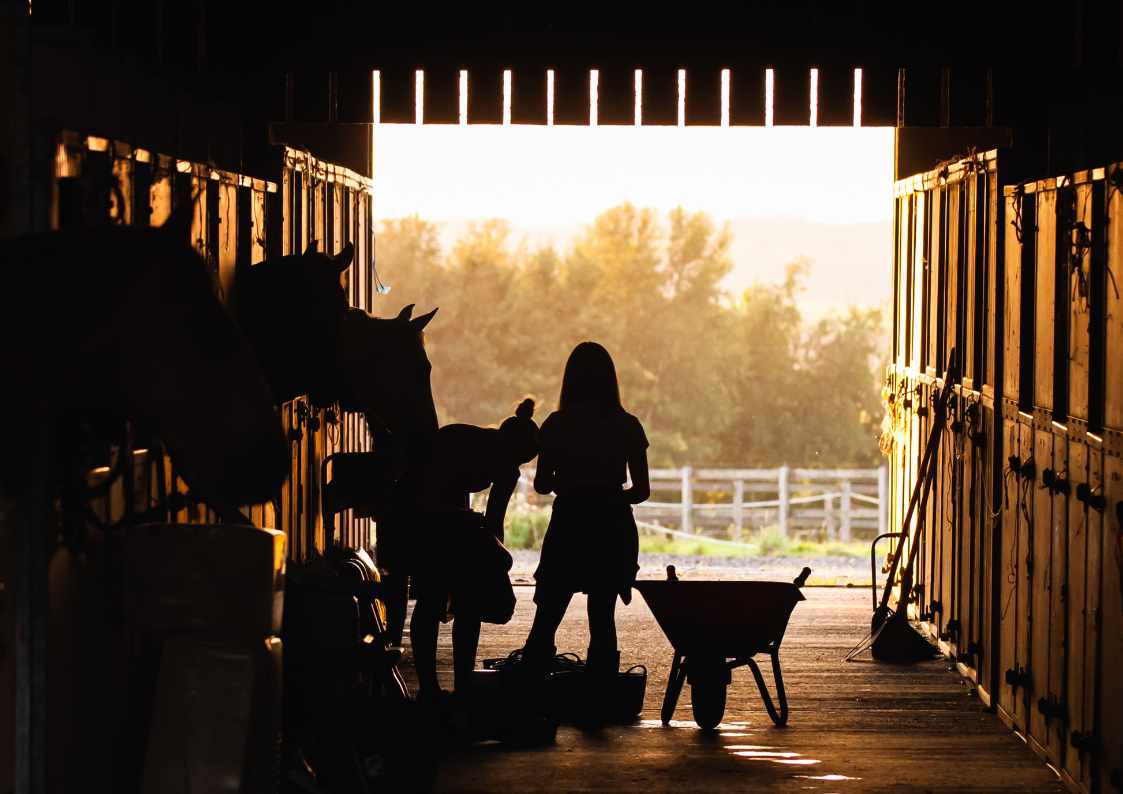
Key values that homesteading brings
Self-Reliance: Homesteaders value the ability to meet their basic needs independently, such as growing their own food, generating energy, and providing for their families without relying heavily on external systems or support.
Environmental Stewardship: Homesteaders often prioritize sustainable practices that minimize their impact on the environment. They seek to conserve natural resources, reduce waste, and promote ecological harmony.
Connection to Nature: Living closer to nature allows homesteaders to develop a deeper appreciation for the environment and its beauty. They value outdoor experiences and a lifestyle that is more in tune with natural cycles.
Frugality: Homesteaders tend to embrace a frugal lifestyle, making thoughtful and resourceful decisions about how they use their time, money, and resources.
Work Ethic: Homesteading requires hard work, dedication, and perseverance. Homesteaders value the rewards that come from the labor they invest in their land and home.
Resilience: Living a self-sufficient lifestyle means being adaptable and resilient in the face of challenges. Homesteaders learn to overcome obstacles and find solutions to problems that arise.
Community and Sharing: Homesteaders often form close-knit communities, where sharing knowledge, skills, and resources is common. They value cooperation and mutual support among neighbors.
Education and Lifelong Learning: Homesteading involves learning a wide range of skills, from gardening to animal husbandry to carpentry. Homesteaders value continuous learning and personal growth.
Appreciation for Simple Pleasures: Homesteading encourages a focus on the simple joys of life, such as fresh homegrown produce, time spent outdoors, and meaningful connections with loved ones.
Cultural Heritage: Homesteading practices often have deep roots in cultural and historical traditions. Embracing homesteading can be a way of preserving and passing on cultural heritage to future generations.
Health and Well-Being: The homesteading lifestyle emphasizes physical activity, wholesome food, and a close connection to nature, contributing to improved overall health and well-being.
Responsibility and Accountability: Homesteaders take responsibility for their actions and the impact they have on their surroundings. They recognize the consequences of their choices and aim to make positive contributions to the environment and their community.
It’s essential to note that while homesteading offers numerous benefits, it also presents its own set of challenges. Living in a rural area may mean limited access to certain services and amenities, and homesteading requires hard work, dedication, and adaptability. As with any major life decision, careful consideration and preparation are crucial to ensure a successful and fulfilling transition to homesteading.
For practical knowledge and guidance on growing your own food, consider looking into agricultural guides, gardening books, and resources from local gardening communities or agricultural extension services in your area. Happy farming!
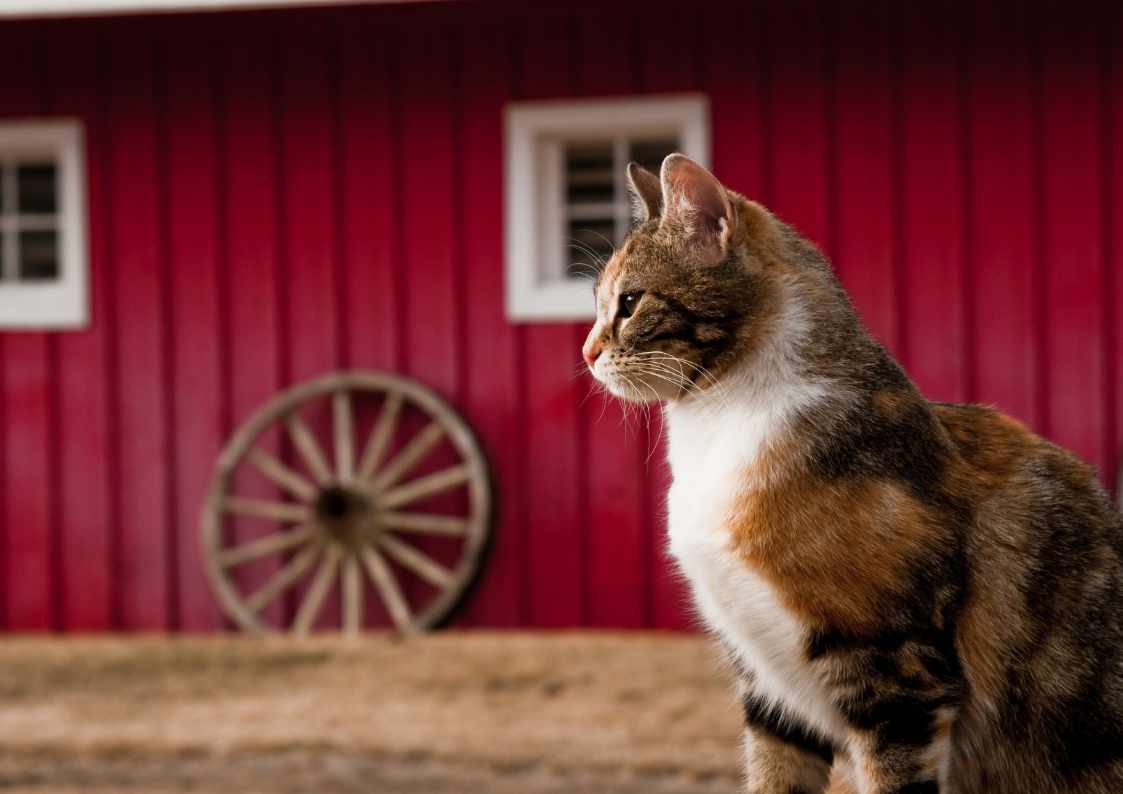






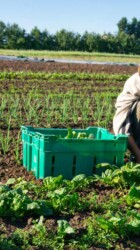







I can see all the benefits. It sounds awesome to a point, but I admit, I prefer the convenient nature of being near a city.
I think it’s still doable to live near a city and have a homestead, it’s sometimes cheaper – a 20-minute car ride to the city would be convenient. 🙂
So many things that I do like about homesteading but too much work for me. For now, I will just tend to my garden.
Yeah, that works too! 🙂 Gardening is beneficial to our health as well!
I honestly love this. We have chickens and ducks and we love them. They are so great to have around.
It’s fascinating to see more people are invested in finding a more simpler life these days.
There are so many great benefits to homesteading! We had a relative who was going to buy a homestead, and we were looking forward to it. There was a change of plans, but it was going to be a great gathering place.
I love visiting contry sides often. They are so good for our overall wellbeing as well having mental peace.
You know, you are 100% correct about the gadgets. Kids don’t miss them if they’re outside and active.
There is a lot of information here that I need to keep in mind. Your sharing is greatly appreciated.
This is a really great and very informative post, this is worth sharing!
The connection to nature and escape from consumerism are such huge selling points for me!
I live in a countryside are for some years and I can say it’s a healthy lifestyle. The water and the air is definitely cleaner and everyone lives longer!
Some days I want to leave our suburban cookie cutter neighborhood and homestead. I truly think my mental health would be so much better with this kind of lifestyle.
Wow, your post is a treasure trove of insights on homesteading and its benefits. Your personal experience and thoughtful explanations make it engaging and informative. The game suggestions are a fantastic addition, blending fun with learning about sustainability. Keep up the wonderful work in sharing valuable lifestyle and educational content! 🌱🏡🎮
I kinda wish that I could have chickens and a garden. However, where I live we aren’t allowed to have chickens or a garden. Maybe one day I can move my house to land.